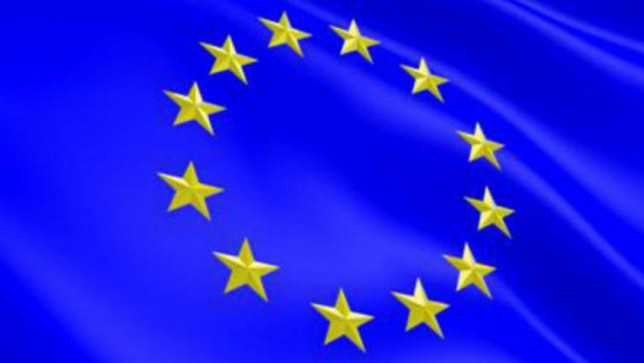Bangladesh eligible for EU GSP

Collected
Bangladesh will remain an eligible country for the EU's Generalised Scheme of Preferences (GSP) as the European Ombudsman has found no maladministration in a case filed over non-compliance of labour rights.
European Ombudsman Emily O'Reilly on March 24 said she closed the case after finding no maladministration in it, according to EU website.
The case was filed by the International Trade Union Confederation, the Clean Clothes Campaign and HEC-NYU EU Public Interest Clinic in June 2018.
Rubana Huq, president of Bangladesh Garment Manufacturers and Exporters Association (BGMEA), yesterday said, "This is a good news for Bangladesh as we are occasionally blamed for bad practice of labour rights by different quarters."
With this verdict, Bangladesh was again saved from earning a bad trustworthiness of unfair labour practices, the BGMEA chief said within an audio message.
The European Union may be the major export destination of Bangladesh. Being truly a least developed country, Bangladesh has been enjoying the zero-duty benefit on export to the EU under its GSP since 1971.
With the zero-duty benefit to the EU in effect, Bangladesh, eventually became the next major apparel exporter following China. It now holds 6.4 percent global market share, business analysts say.
According to data from the Export Promotion Bureau, Bangladesh exported garment items worth $21.13 billion to the EU in 2018-19 fiscal year, up from $19.62 billion and $17.75 billion in the previous two fiscal years.
The EU accounts for 63 percent of the full total apparel exports from Bangladesh and 58 percent of most exports every year.
Regarding the European Ombudsman's decision, the EU in a statement said four trade union organisations wrote to the European Commission in October 2016 alleging that Bangladesh did not adhere to its obligations in the area of fundamental labour rights.
They drew focus on very serious issues and urged the Commission to research the problem in the context of the GSP.
Dissatisfied with the actual fact that the Commission had didn't launch a study, the International Trade Union Confederation, the Clean Clothes Campaign and HEC-NYU EU Public Interest Clinic considered the Ombudsman in June 2018, the EU said.
Source: https://www.thedailystar.net
Tags :
Previous Story
- Bangladesh's big draws for business
- Prospects for the textile and clothing industry in...
- RMG industry as the major employment sector
- Bangladesh suppliers to H&M, Next lay off workers...
- Indian textile mills heading to Ethiopia to take...
- Bangladeshi delegation visits EU ahead of national shrimp...
- Google will start charging Android device makers a...
- Apparel sourcing rules under NAFTA 2.0